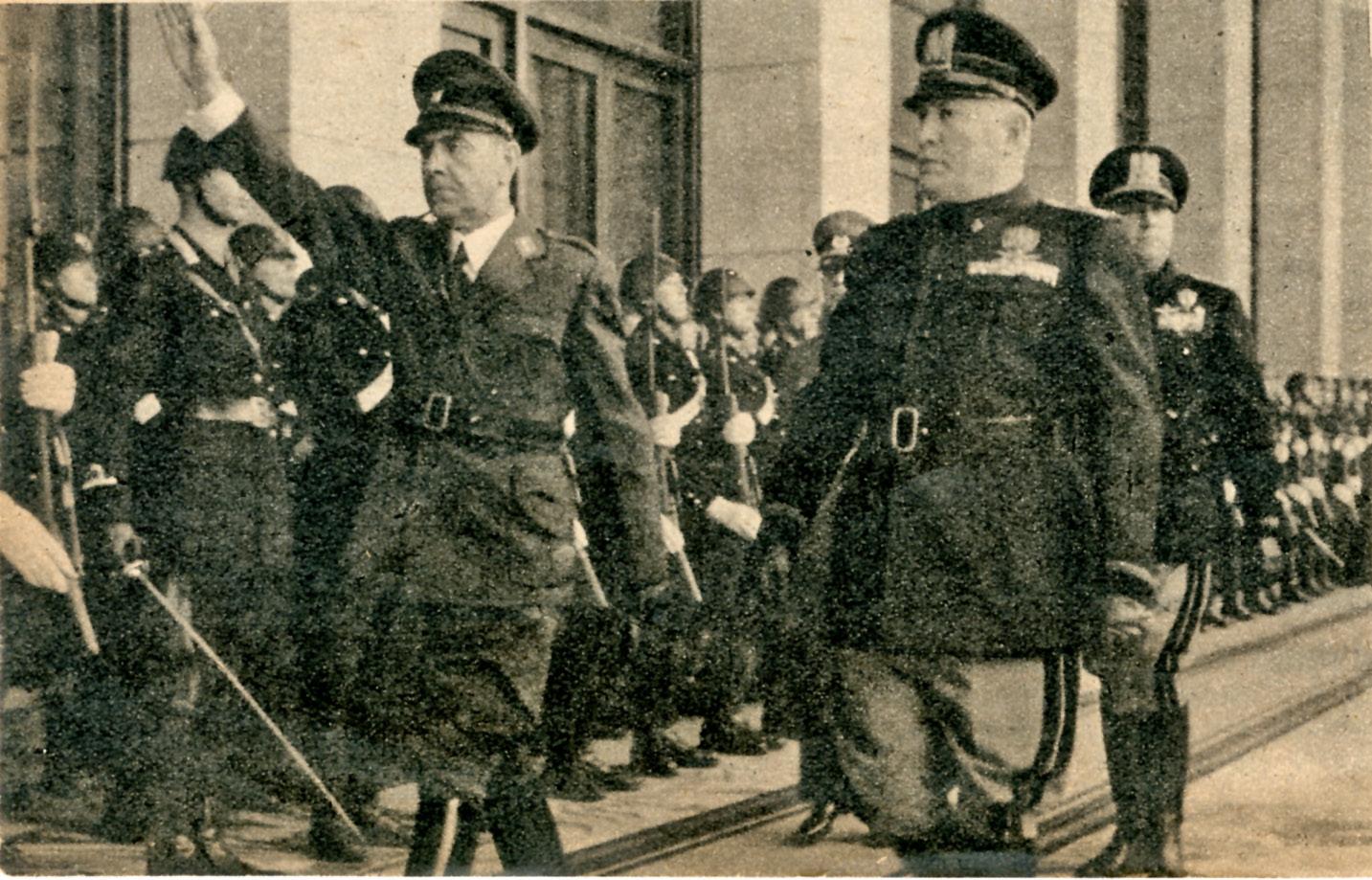«Talk to Russia but keep sanctions»
481
Italy, the Allies and Balkan Security 1947-1955 by Eric Robert Terzuolo
G
ive up “Adriatic romanticisms” was the curmudgeonly Italian ambassador to France Pietro Quaroni’s message to the Foreign Ministry in July 1954.1 He had in mind Italy’s ineffective efforts to derail a Balkan security pact linking Greece and Turkey (NATO allies) to communist Yugoslavia, Italy’s rival for possession of Trieste, but also, more broadly, Italy’s chronic difficulty in defining an effective policy vis-à-vis the Balkans. In truth, Italy’s effort to project itself as de facto successor to the Venetian Empire in the Adriatic and broader Mediterranean region had some success, e.g. in the 1911-1912 war against the declining Ottoman Empire. Italy also acquired Trieste in the First World War, but broad dissatisfaction with the postwar settlement would fuel Fascist aggression in the Adriatic region, including the 1939 occupation of Albania, the unsuccessful invasion of Greece in the winter of 19401941, and the subsequent occupation of part of Yugoslavia. The February 1947 peace treaty practically speaking deprived Italy of any claim to be a major Balkan or Eastern Mediterranean power. Trieste and the surrounding territory were incorporated into a nominally independent entity, the Free Territory of Trieste (FTT), divided into two occupation zones. Zone A, largely the city itself, was under Allied occupation. Zone B, along the coast south of the city, remained under Yugoslav control. Italy and Yugoslavia both claimed the entire territory. This unresolved border question did not stop Italy from becoming a founding member of NATO in April 1949,2 although, in the exploratory talks that began 1 Quoted in Giuliano Caroli, L’Italia e il patto balcanico, 1951-1955: una sfida diplomatica tra Nato e Mediterraneo, Milan, 2011, p. 227-228. This is an extremely detailed study, based on in-depth research in the Italian Foreign Ministry historical archives. Because publication of the official Italian diplomatic documents series covers the period only through June 1952, i.e. before most of the diplomatic activity discussed here, I have relied heavily on Caroli’s quotations from and summaries of key diplomatic documents. 2 In NATO’s post-Cold War enlargement, on the other hand, unresolved border issues could become impediments to membership invitations. Border issues with Croatia, for example, were thought to justify a delay in tendering an invitation to Slovenia.


























